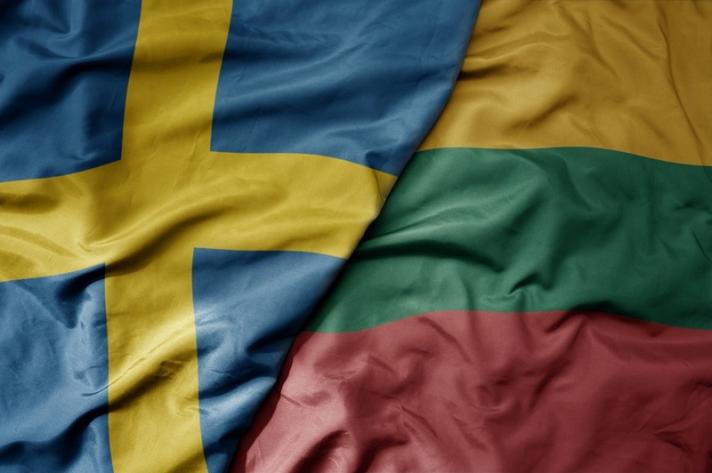Sweden has a long tradition of institutional cooperation with Member States and EU neighbourhood & enlargement countries. Already from the beginning of Twinning, the Swedish public administration was instrumental in strengthening institutions in candidate countries through peer-to-peer activities. Not least did Swedish agencies play an important role in supporting the Baltic states in their pre-accession process.
One early example of EU Twinning involvement, was the appreciated and fruitful consortia between Swedish Public Employment Service and the Danish Labour Market Board in cooperation with the Lithuanian Ministry of Social Security and Labour around the turn of the century. The Lithuanian Labour Exchange organization had a key role in this project which resulted in new offices and services as well as the development of a number of different tools. Some of the concrete results of the cooperation was the development of forecasting the demand and supply in the labour market, IT with self-service and a strengthened matching capacity of job seekers and vacancies.
The trustful cooperation between Swedish agencies and their peers in the Baltic states have created long-standing partnerships between the fellow EU member states. Lithuania is today an appreciated Twinning partner, and Swedish public agencies have joined as partners in projects led by Lithuania.
A more recent example of Sweden’s engagement in EU Twinning, is the partnerships with Serbia regarding migration and asylum. The Swedish Migration Agency has been active in 11 assignments, both as project lead and junior partner. The latest assignment ended in June 2022 and aimed to support Serbian agencies to prepare for participation in Eurosur network and Eurodac system. The project was carried out in close cooperation with the Border Police Directorate, Ministry of Interior in the Republic of Serbia, and resulted in improved border management and migration management in line with the Union acquis. The project also resulted in strengthened capacity at the Ministry of Interior of Serbia when it comes to timely response to challenges and threats and increased regional security. In addition to increased capacity, the project also helped to raise consciousness about Member states obligation to register fingerprints in Eurodac system and what purpose it serves. The Swedish experts carried out an organizational review and assisted Serbia in developing proposals for new processes to enable effective application of the Eurodac and Dublin regulations. In order to support a smooth application in the future, proposals for changes to the law was also worked out. The training program developed in the project supported Serbia's ability to increase the understanding of the regulations among administrators and managers.
Referring back to Sweden's early Twinning engagement, the recent project in Serbia was also in fact carried out in partnership with Lithuania and their State Border Guard Service. Through years of active involvement, Sweden can ascertain that Twinning fosters both institutional capacity, as well as valuable long-term partnerships between administrations of existing and future EU countries.
Story by: the Swedish International Development Cooperation Agency (Sida)

